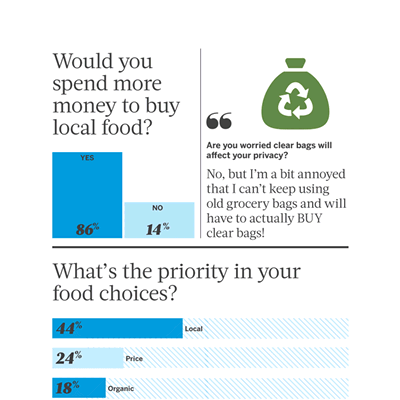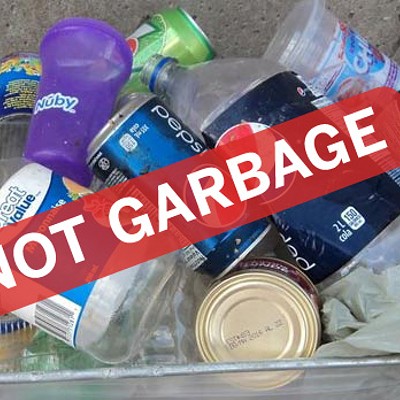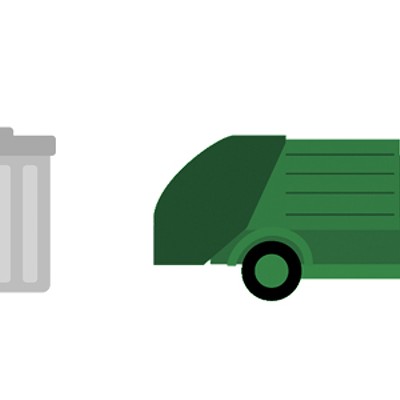Back in 2004, Metro Transit was touting its use of biodiesel as making a new era of sustainability for the city of Halifax. The fuel was made up of 20 percent fish oil and 80 percent diesel. “Moving to biodiesel has allowed HRM to replace 1,550,000 litres of non-renewable diesel fuel with a source that is renewable,” according to HRM’s very out-of-date website. “And that allows HRM to reduce tail-pipe emissions by approximately 20 percent.” However, that was before Wilsons Fuel Company Limited decided to pull the plug on biofuels due to lack of government support both provincially and federally.
Company President Ian Wilson says that if government doesn’t subsidize the sale and production of biofuels, then the business model simply will not work. “If you take away the government policies or subsidies then it’s very difficult to make a profit off of it because then the model is based on a higher cost for those fuels,” Wilson says. “And unless there’s someone in the marketplace who’s willing to pay a premium price, then it won’t work.”
Wilsons had applied for federal grants to produce biofuel but since it was being manufactured by a third party, Ocean Nutrition Canada, the feds stalled and eventually Wilsons abandoned the project.
“We had a very unique circumstance where we were buying product from Ocean Nutrition, who is the local manufacturer of Omega-3 fatty acids,” Wilson says. “They were producing the biofuel as a by-product of their Omega-3 extraction process and we were selling it.”
The provincial government did stop the road tax on Wilsons biofuel as a form of incentive, but that didn’t apply to one of the fuel’s main applications, furnace oil. It was still more profitable to sell traditional fossil fuels than the more eco-friendly biofuel.
Wilsons still uses biofuels internally for some of their facilities and would be willing to sell it widely if the government decides to subsidize it.
However, for now Metro Transit doesn’t use the fish oil mixed biofuels in its fleet, and is back to plain old diesel. “We pilot-tested biodiesel on our conventional fixed route transit and MetroLink fleet for several years but have currently suspended use due to supplier issues with Wilson Fuels,” says Lori Patterson, marketing and communication manager with Metro Transit.
“Meanwhile, our newer diesel engine buses, including 15 new articulated buses acquired last year”---and 15 more delivered this winter---“provide much cleaner emissions than the older, diesel engine buses of the past.”
There are a slew of studies and reports saying that maybe biofuels shouldn’t have been seen as an alternative in the first place. They require a great deal of energy to manufacture and ship and they use almost as much power producing them as they provide. I exactly a green silver bullet.
However, Louise Hanavan, who is on the board of directors at the Ecology Action Centre and sits on the transportation and food action committee, does see a place where biofuels could play an important role, right here in HRM.
Hanavan says it shouldn’t be multi-national corporations making and distributing biofuels because their practices destroy natural areas and pollute the environment, something people don’t normally think of when they picture large-scale farming.
“Even people who are concerned about having genetically modified foods don’t put up much of a protest for genetically modified crops in their fuel,” Hanavan says. “So it’s really a way for those giant agri-businesses to do the whole industrial agriculture package which includes genetically modified crops, fertilizers, pesticides---the whole shebang.”















